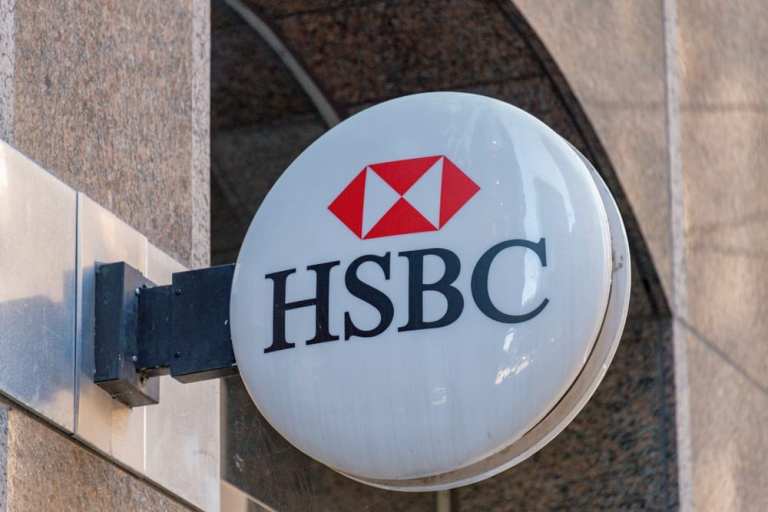HSBC Will Use SVB to Launch Global Tech Business

When it comes to its purchase of Silicon Valley Bank’s British arm, HSBC is thinking globally.
In an interview Tuesday (May 2) with Bloomberg Television, HSBC CEO Noel Quinn said his bank’s purchase of Silicon Valley Bank (SVB) U.K. will help lay the groundwork for a worldwide technology operation.
“I want to take that capability globally,” Quinn said. “I’m also setting up teams in other parts of the world that are the equivalents of SVB in the U.K. So we bought a business in the U.K., but I want to create that capability globally.”
His comments came as HSBC released quarterly results that showed that its purchase of SVB UK in March added around 1% to its cost base, with the lender logging a $1.5 billion provisional gain on the deal.
Quinn said in a statement released with the company’s earnings that the purchase will let HSBC create “the businesses of tomorrow.”
“We believe they’re a natural fit for HSBC, and that we’re uniquely placed to take them global,” he said.
HSBC purchased SVB U.K. for one British pound in March, the same weekend that SVB’s U.S. operations were taken over by regulators in the worst banking failure in America’s history.
“This acquisition makes excellent strategic sense for our business in the U.K.,” Quinn said at the time. “It strengthens our commercial banking franchise and enhances our ability to serve innovative and fast-growing firms, including in the technology and life-science sectors, in the U.K. and internationally.”
The same day, the bank told investors it planned to invest $1.2 billion in its new business.
James Hickson, founder and CEO at European revenue-based lender Bloom, commended the purchase in an interview with PYMNTS later that week.
“HSBC is a good safe haven for depositors,” he said. “It was the right decision.”
But the challenge is how a legacy bank like HSBC, which wasn’t necessarily designed with entrepreneurs in mind, can preserve “the energy” that a tech-focused challenger bank like SVB brought to the ecosystem, Hickson said.
“A challenge they’ve got is to ensure that the culture does not get destroyed in the process and that all the factors that made SVB successful, including its ties to the VC [venture capital] community, are not lost,” he told PYMNTS.
Hickson added that the bank’s demise has left a large gap in the tech and life sciences markets, particularly in Europe, where SVB was a key source of venture debt financing.